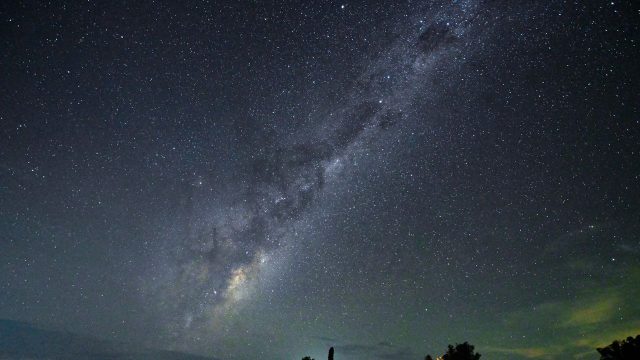
The expansion of the universe may be slowing down rather than accelerating, according to a new study that challenges the Nobel Prize-winning theory of dark energy.
“If confirmed, this would have profound implications for the fate of the universe,” said The Guardian. The study raises the possibility that “rather than expanding for ever, the universe could ultimately enter a reverse Big Bang scenario known as the Big Crunch”.
What is happening?
Dark energy is already “mysterious and baffling” and the new findings from a team at Yonsei University in South Korea suggest that this force “may not be driving galaxies apart at an accelerating rate any more”, said Space.com. Instead, researchers propose, it is weakening over time.
In the 1990s, astronomers made the first estimates of the expansion of the universe by studying exploding stars, known as type 1a supernovas. The distant supernovas were dimmer than expected, leading past studies to conclude that the expansion of the universe had sped up and was continuing to accelerate.
But by estimating the ages of 300 host galaxies, the latest study, published in the Monthly Notices of the Royal Astronomical Society, concluded that there are variations in the properties of stars in the early universe that mean they produce, on average, fainter supernovas. So there is still an expanding universe, but, the findings suggest, the expansion has slowed down.
Who said what?
There was a “key assumption” that “turned out to be incorrect”, said Professor Young-Wook Lee, one of the study’s authors. “It’s like doing up a shirt with the first button fastened incorrectly.”
But some experts question the new findings. The study is “definitely interesting” and “very provocative”, but it “may well be wrong”, said Professor Carlos Frenk, a cosmologist at the University of Durham.
Although the findings are “likely to be greeted with heavy scepticism”, said The Guardian, the “influential” Desi consortium reached a similar conclusion earlier this year, so “a fierce debate is opening up in cosmology” over the nature of dark energy and the “probable fate” of the universe.
What does this mean for the universe?
If the findings are confirmed the implications are profound: it could “open an entirely new chapter” in the “quest” to “understand the past and future of the universe”, said Phys.org.
The study could “revolutionise” our understanding of the universe, said Space.com, and “offer clues about how our cosmos will end”, because if dark energy has “lost the battle against gravity”, the next step could be “the contraction of space”. That would suggest the universe will end in a ”Big Crunch” – effectively the Big Bang in reverse.
New study upends the prevailing theory about dark matter and says it is weakening






